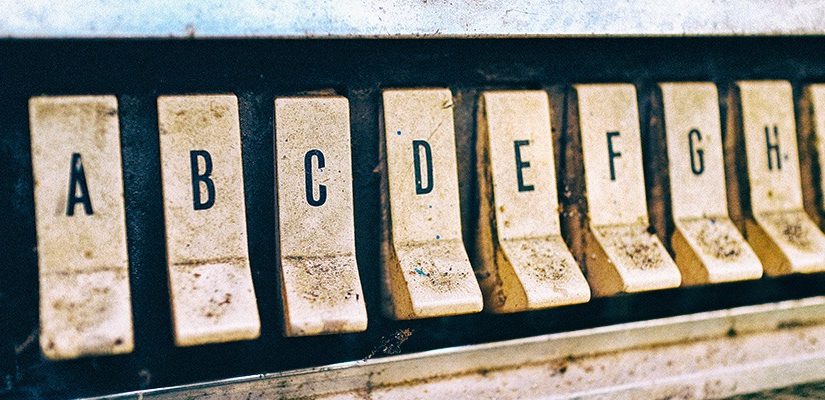Words slip in and out of the English language according to the things we use and the way we think. Some words should have remained in our lexicon, but are sadly lost and, apparently, not missed:
Blatheration
Blatheration was a noun from 1656 to 1864. Old dictionaries define it as "chatter" or "babbling." The word probably morphed to "phone call," and now we hear blatheration everywhere there is a phone signal no matter how slight: can you hear me now? huh? I broke up with the boyfriend last night. Today, we have an overwhelming amount of e-blatheration from people determined to keep friends and friends of friends (please share) apprised of minute details of their lives.
Jobler
Jobler, meaning one who does small jobs, lasted less than a year. Its tombstone -- modest, of course -- reads 1662 to 1662. Yesterday, as now, no one wants to be known as one who does small jobs. All people who work like to think they live large; and I believe most do.
Graocracy
Graocracy was in the dictionary briefly in 1830 but did not live out the year. The definition is government by old women. The advocates for keeping the word in the English language were probably tarred, feathered, and hung from Liberty Bell. Fortunately, the spirit behind the word survived.
Hymnicide
Hymnicide entered and exited the language in 1862, a display of good manners. Hymn singers are usually volunteers, and it is unkind to say they commit hymnicide while the pianist steadfastly strives to stay on the same page or even the same hymnal. We've all witnessed hymnicide, and no matter how shattered our ear drums, we do not call an abysmal worship performance by its correct name.


